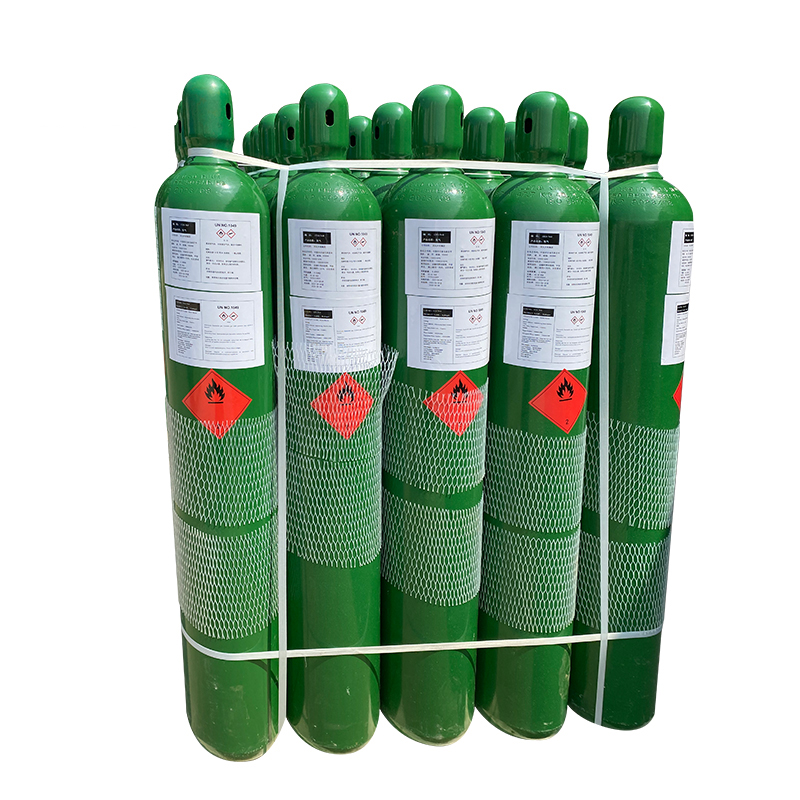I. Life hazards
Hydrogen sulfide is a kind of nerve gas, irritant, cause suffocation, toxicity is about equal to cyanide, CO toxicity is about 1/5 of hydrogen sulfide, in addition to acting on the nervous system and respiratory system will also cause organ damage.
Main route - inhalation: low concentration, short time exposure can cause inhalation stimulation reaction.
High density, short exposure can lead to lightning death.
Over a long period of time, the concentration of hydrogen sulfide at around 75ppm to 700ppm can cause salivation, nausea, vomiting, diarrhea, dizziness, headache, memory loss, palpitations, arrhythmias, muscle pain spasms, confusion, and loss of consciousness
Inhalation of hydrogen sulfide in excess of 1000ppm can cause respiratory paralysis and death.
Eye contact: Gas irritates the eyes. Absorption may cause injury.
For example, conjunctivitis, photophobia, pain, blurred vision and corneal blisters may occur at high concentrations of exposure.
Skin contact: This liquid will cause extreme skin discomfort and may cause severe frostbite.The gas has little effect on the skin.
In H2S death cases, the high probability of death is due to delayed resuscitation and the failure of personnel to use personal protective equipment during rescue.
II. Hydrogen sulfide corrosion of metal materials
Hydrogen embrittlement damage -- hydrogen sulfide dissolved in water into a weak acid, corrosive to metals.
Low temperature light oil corrosion, high temperature naphthenic acid type corrosion, high temperature sulfur corrosion, wet hydrogen sulfide corrosion, belong to H2S in refining chemical corrosion form.
III. Accelerating aging effect of hydrogen sulfide on nonmetallic materials
In surface equipment, wellhead devices, downhole tools, there are rubber, oil - soaked graphite, asbestos and other seals.After being used in hydrogen sulfide environment for a period of time, the seal will fail quickly.
IV. Environmental hazards: Harmful to the environment, about 100 million tons of hydrogen sulfide enters the atmosphere every year, among which about 3 million tons are caused by factors such as factory leakage and production release;Especially harmful to aquatic life.
V. Danger of ignition and explosion: flammable, mixed with air can form explosive mixture, in the face of open fire, high heat will cause combustion, explosion.In the presence of concentrated nitric acid, fuming nitric acid or other strong oxidants, a violent reaction will occur and an explosion will occur.This product gas is heavier than air, can diffuse to quite far place in the lower place, in case of fire source fire backburn.

Chat Online









